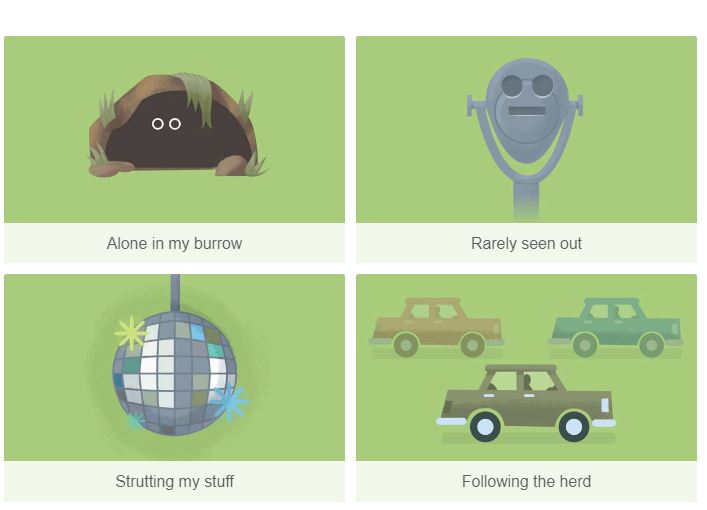Google celebrates Earth Day every year with an entertaining and educational interactive quiz. The Google Earth Day Quiz is more than just a game; it’s an incredibly powerful tool that assesses environmental consciousness while offering entertaining and captivating insights into sustainability and wildlife.
Key Facts About the Google Earth Day Quiz
| Feature | Details |
|---|---|
| Launch Year | 2015 |
| Primary Purpose | Raising environmental awareness through gamification |
| Most Popular Theme | “Which Animal Are You?” |
| Availability | Google homepage (April 22nd, annually) |
| Interactive Elements | Quiz-style questions, engaging facts, shareable results |
| Impact on Conservation | Supports global wildlife preservation initiatives |
| Official Website | EarthDay.org |
Google’s Earth Day Initiative: Its Development
This quiz was first released in 2015 as a component of Google’s larger initiative to encourage environmental responsibility. It encourages users to learn about ecosystems, conservation, and climate change by incorporating scientifically designed questions into an activity that feels more like self-discovery than education.
The Google Earth Day Quiz’s Operation
The quiz’s multiple-choice questions, which were created with simplicity in mind, evaluate your understanding of the planet. Google connects personality traits with the most fascinating creatures in nature by assigning you an Earth Day spirit animal based on your responses. This strategy is especially creative in how it humanizes and engages environmentalism.
Why This Test Is More Important Than You May Think
The Google Earth Day Quiz may initially appear to be an entertaining diversion. But its fundamental objective is to start discussions about sustainability. Google makes sure that users leave with a noticeably better awareness of how their actions affect the environment by deftly fusing environmental facts with personal identity.
What Does Your Earth Day Animal Say About You?
‘Which Animal Are You?’ is one of the quiz’s most interesting elements. Millions of users have been drawn to this feature because they want to know which species best captures their personality. Among the well-liked outcomes are:
- The sea otter is gregarious, playful, and incredibly flexible.
- The elephant is sage and has a strong bond with its people.
- The Giant Panda: Calm yet resilient in the face of adversity.
- The honeybee: Industrious, incredibly productive, and vital to the wellbeing of the planet.
Google’s Earth Day Collaborations: More Than Just a Test
To put awareness into action, Google partners with top conservation organizations by utilizing its platform. In order to ensure that the digital engagement is followed by tangible environmental progress, Google.org matched donations made to organizations such as the World Wildlife Fund, WildAid, and the Jane Goodall Institute in 2015.
Can You Complete the Google Earth Day Quiz with a High Score?
Are you prepared to put your knowledge to the test? Numerous environmental topics are covered by the quiz’s varied questions. Past questions include, for example:
- What percentage of the water on Earth is freshwater?
- The “ghost of the mountains” is what animal?
- Which rainforest is the biggest in the world?
- Where to Find the Earth Day Quiz on Google
Filling out the quiz is easy. Google puts the Earth Day Quiz on its homepage every April 22nd. To access it directly, users can also search for “Google Earth Day Quiz.”
The Actual Effects of the Earth Day Quiz on Google
The Google Earth Day Quiz raises awareness about conservation in a big way, even though it might just seem like a fun online activity. People are more likely to support environmental initiatives and develop sustainable habits the more they participate in it.
A Minor Step for You, a Major Gain for the Earth
Education doesn’t have to be boring or intimidating, as demonstrated by the Google Earth Day Quiz. It facilitates a personal connection between individuals and the environment through an engaging format. Why don’t you take the test, share your answers, and contribute to environmental conservation?



2 Comments
3sovfz
Your point of view caught my eye and was very interesting. Thanks. I have a question for you.